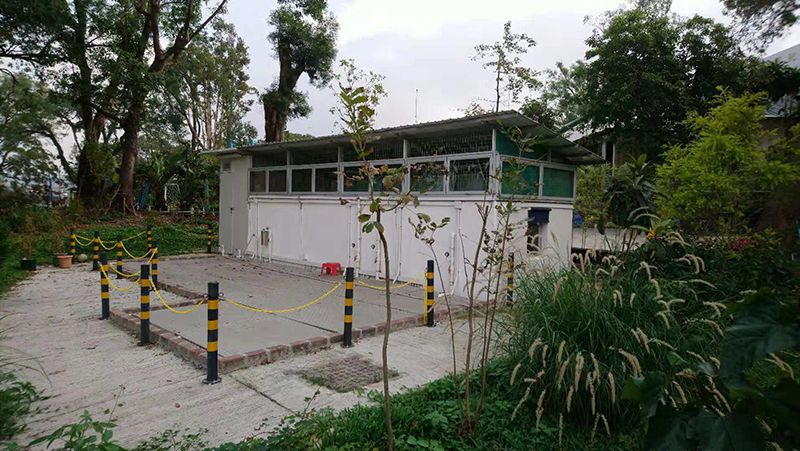How to Choose Organic Deodorants for Industrial Deodorization Engineering
The rapid development of industry has led to a sharp reduction in arable land area, and the agricultural utilization of heavy metal overloaded soil is an inevitable choice under the premise of severe arable land resources and severe food and food situation in China. The use of chemical passivators combined with low accumulation crops is expected to achieve the utilization of cadmium excess farmland soil in low to medium concentration cadmium polluted farmland soil.
Organic waste can be used as a soil amendment to correct degraded soil. Commonly used organic waste includes animal manure, biological solids, urban solid waste compost, crop residues, etc. The application of organic waste to soil can affect the physical and chemical properties of soil, such as pH, conductivity, and large and trace nutrients, and then affect the bioavailability of soil cadmium.

Whether it is hyperaccumulating plants or low accumulating crops, if plants absorb heavy metals from the soil without proper disposal, they will return to the soil environment and form pollution again. Therefore, the disposal of heavy metal enriched plant biomass is one of the important factors that restrict the commercial application of plant remediation. Based on the principles of reduction, utilization, and resource utilization, incineration, ashing, composting, compression landfill, high-temperature decomposition, liquid-phase extraction, and plant metallurgy are the main technologies for disposing of heavy metal enriched plant biomass.
The addition of soil organic waste can promote the adsorption of cadmium in soil by increasing the surface charge of the soil, adding effective metal adsorption sites in the soil (such as organic minerals, aluminum compounds, phosphates, etc.). The application of organic matter can increase soil pH, reduce the concentration of Cd2 in soil solution, and the increase of soil pH can promote the dissociation of functional groups such as hydroxyl, carboxyl, and phenolic H , thereby increasing their affinity for cadmium. Research has shown that the addition of soil organic waste can convert dissolved and exchangeable cadmium into organically bound cadmium, thereby reducing the bioavailability of cadmium and reducing the uptake of cadmium by organisms.
The article originates from a deodorant manufacturer http://www.scneng.com.hk
-
06-11
"Environmental Doctor" Du Siyuan: Environmental Protection is a Lifestyle Attitude
There is a Hong Kong compatriot in Jiangmen who often frequents various farms and plantations, walks in mechanical factories, and is seen by others as the nemesis of environmental problems. He conside
-
03-16
Deodorant manufacturer: Deodorants reduce soil pollution
Waste is a chaotic mixture of various components. The accumulation of debris on the surface of soil can cause some chemical reactions, releasing harmful gases, which can lead to soil pollution and eve
-
12-01
Deodorant Manufacturers: Differences between Microbial Deodorants and Traditional Deodorants
The waste that is not needed in our daily life and work is called waste. Due to the large amount of waste discharged and the complex categories, there are great difficulties in reducing waste and deod
-
11-08
Application of Deodorant Manufacturers in Domestic Waste Treatment
Garbage is the waste generated in everyone's daily life and work. Due to its large discharge volume and complex and diverse composition, it poses great difficulties in reducing and deodorizing wa
